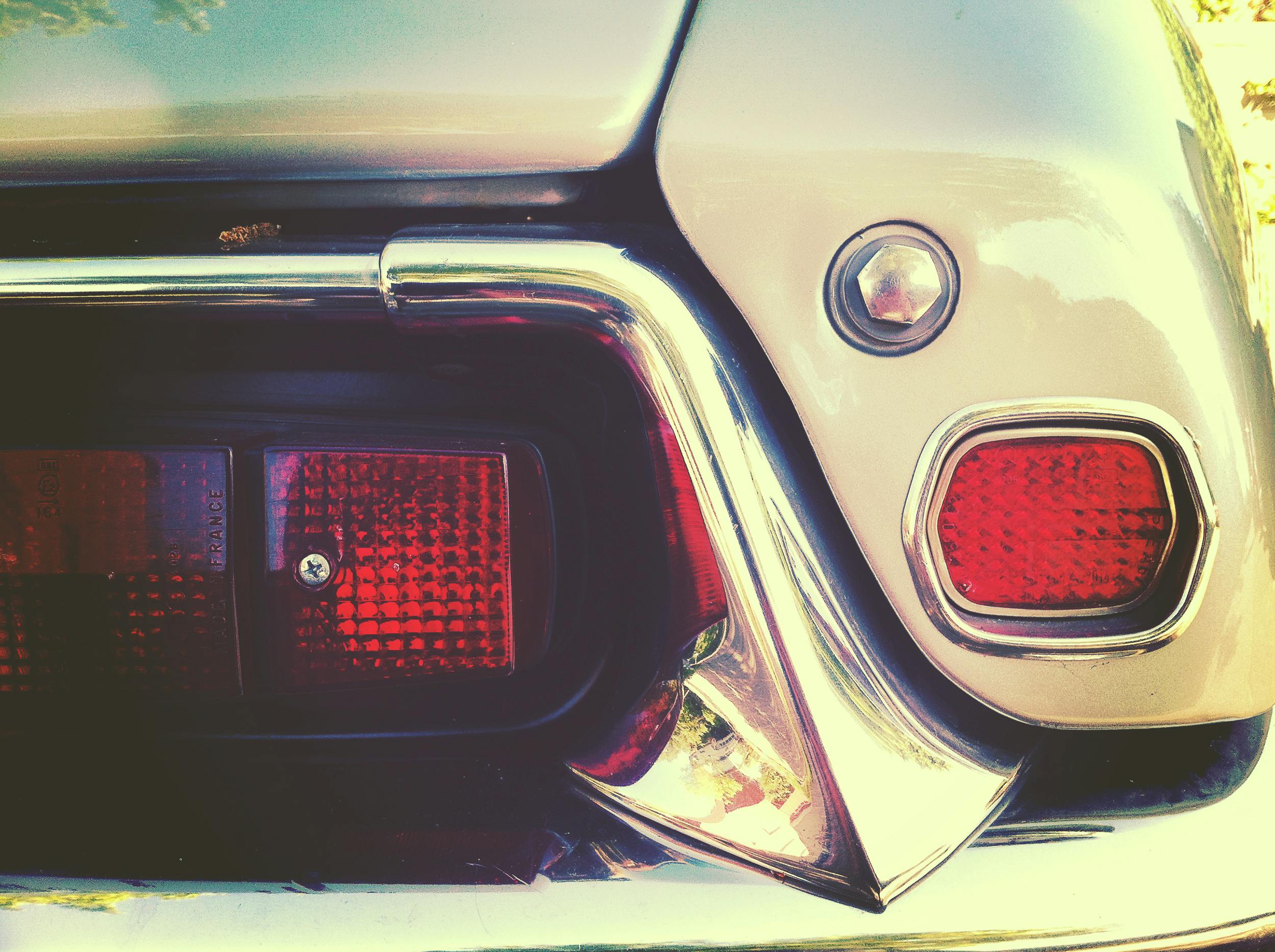Understanding Post-Accident Car Repairs: Navigating Challenges After Insurance Claims
Dealing with the aftermath of a vehicle accident can be complex, especially when unexpected issues arise during the repair process. Recently, a situation unfolded where a driver was involved in a rear-end collision, and the subsequent experience highlights some important considerations for vehicle owners.
The Incident and Initial Repairs
A few weeks ago, I was rear-ended by another motorist. Fortunately, the at-fault party’s insurance accepted liability, allowing me to proceed with repairs. My vehicle was taken to an approved repair facility, primarily to address damage to the rear bumper and backup camera. The repair shop initially delayed the pickup but eventually notified me that the work was complete.
Unexpected Complications Post-Repair
Upon returning to retrieve my vehicle, I was surprised to discover it refused to start. The repair shop claimed there was now an issue with the electrical wiring—a problem they indicated was unrelated to their work. Better yet, they stated that the shop wouldn’t take responsibility and instructed me to arrange for towing and repairs at my own expense.
Pre-accident, my car was performing flawlessly. It had no existing electrical issues or other problems aside from the damaged components being repaired. The repair process involved diagnostics confirming the vehicle was in good shape before the collision.
Insurance and Liability Concerns
I reached out to the at-fault driver’s insurance company for resolution, but I was met with the response that the matter was no longer their concern. This leaves me with a non-starting vehicle, an unforeseen electrical problem, and the burden of towing costs—expenses I was not prepared for.
Looking Ahead: What Are Your Options?
Navigating post-accident vehicle issues can be daunting, especially when repairs uncover new problems. It’s essential to:
-
Document everything: Keep detailed records of the repairs, diagnostics, and communication with repair shops and insurance providers.
-
Seek a second opinion: Have an independent automotive technician assess the vehicle to determine the cause of the electrical issue and establish responsibility.
-
Review your insurance policy: Understand your coverage for damages and repairs not covered by the at-fault party’s insurer.
-
Consider legal advice: If the repair shop refuses responsibility for damages caused during repair, legal counsel can help determine your rights and possible compensation avenues.
-
Communicate with your insurer: Keep your insurance provider informed, especially if you’ve purchased coverage for repairs or rental vehicles.
Experience and Advice from Others
Many vehicle owners have faced similar situations



